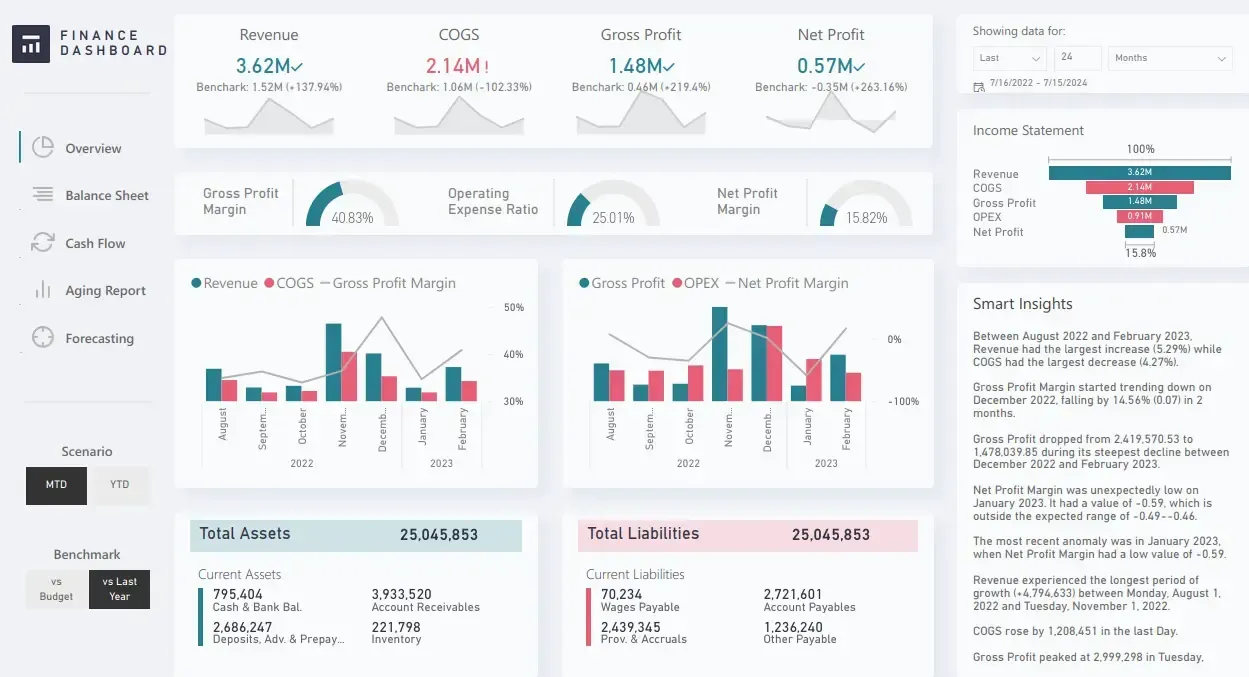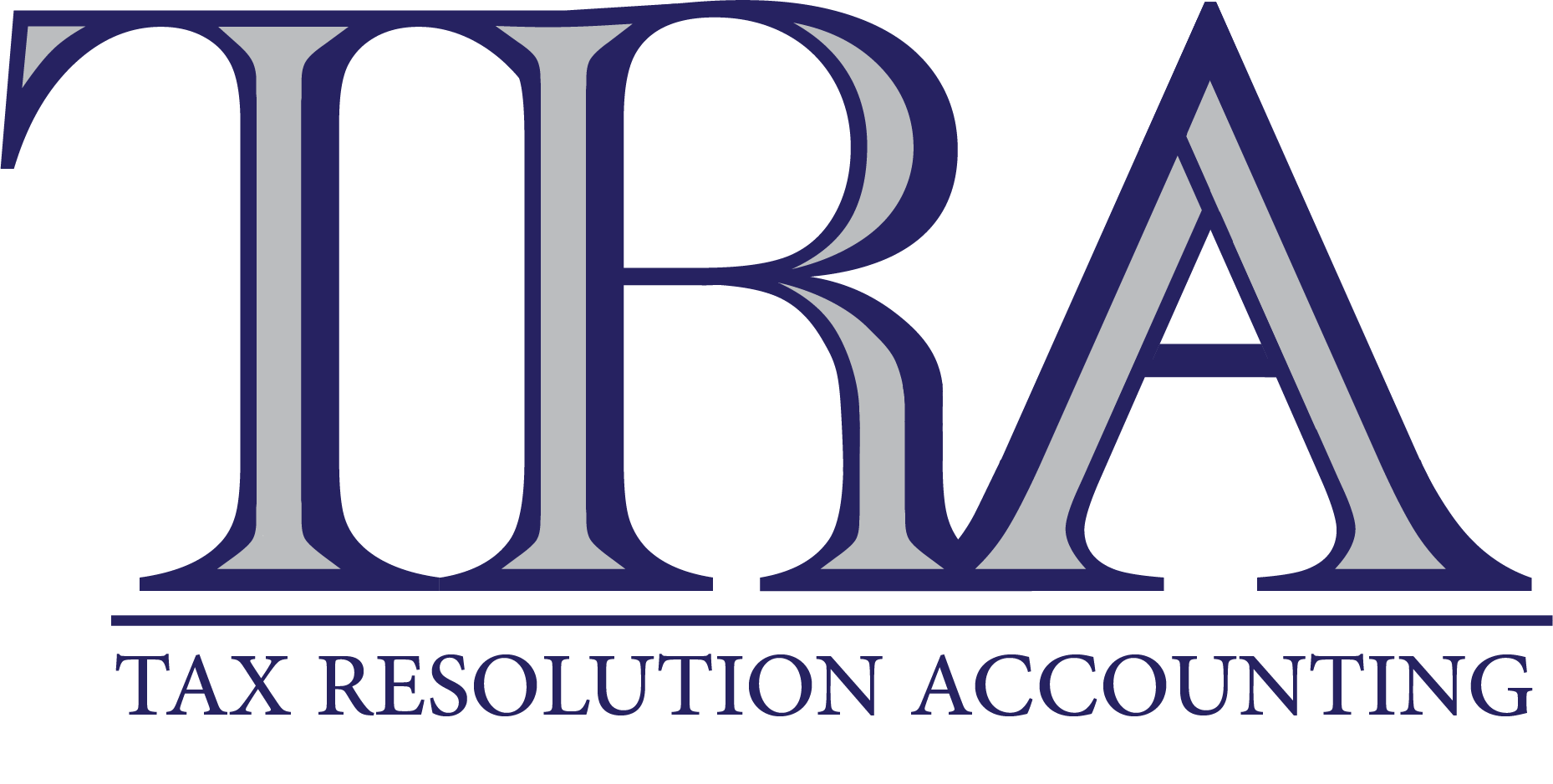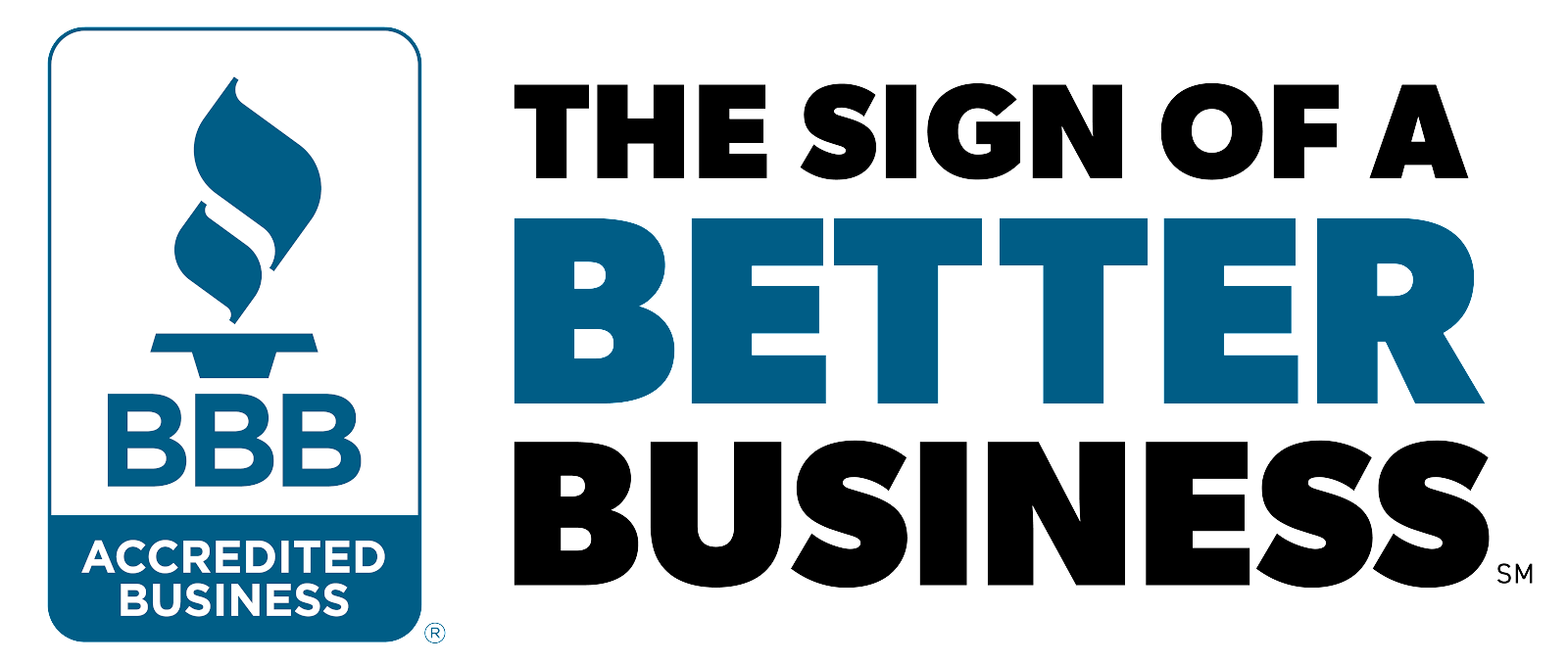Toss This. Not That.
Your guide to post tax-filing record retention.
Before you close this year's tax file there is still some work to do. If the IRS or state revenue department selects your return for review, you will need to be prepared.
Here is what you need to do to prepare:
1. Keep a copy of your Form 1040 indefinitely. Do not toss or destroy any of your 1040s. You may need them to correct historic Social Security earnings statements or to prove that you filed a tax return.
2. Supporting documents need to be retained for three years. Records to support your tax return (i.e., W-2s, 1099s, K-1s, receipts, canceled checks, bank statements and mileage logs) should be kept for a minimum of three years from the later of the tax filing due date, the date you filed your taxes, or the date you paid your tax in full. This approach ensures that your records are available for a potential IRS audit.
3. Property and investment records need to be held longer. To prove your cost/basis and taxable gain or loss, all records relating to property that you own (your home, rental properties, stocks bonds and other investments) need to be kept for at least three years after it's sold or disposed.
4. Be mindful of other record retention requirements. The three-year period is the federal guidance for standard returns. There are other factors that should be considered, including:
- State record retention requirements (often six months to one year longer)
- Requirements for insurance, banking or estate management
- Additional federal requirements for tax returns including unreported income (six years), worthless securities (seven years) or bad debt (seven years)
- No audit time limit for fraudulent returns
5. A specific filing system is not required, but organization is key. The ability to easily find your documents in the event of an audit will make the process much simpler. Here are some tips:
- File records by year rather than income or deduction type.
- Within the file, order your records to match the flow of the Form 1040.
- Consider scanning your files to create a digital file as a backup.
- Create 2022 files now to save documents for current year.
- Shred old documents; don't just throw them away.
If you are unsure whether to retain or shred something, keep it unless you know the document can be replaced.
Visit our Tax Planning page for more information.




